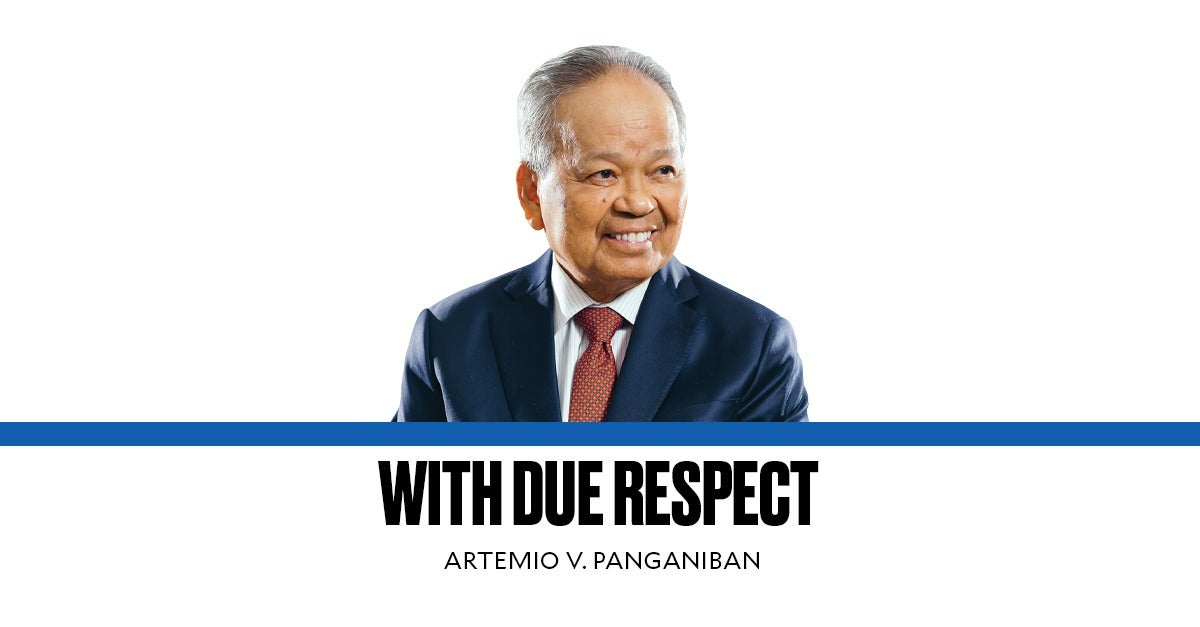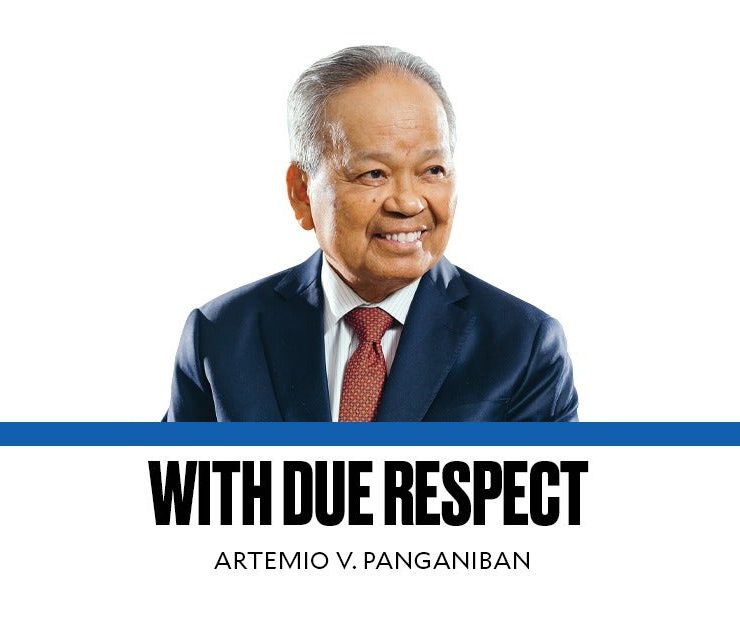Double jeopardy waived if accused appeals

In People v. Alcantara taken up last Monday in this space, the government elevated the acquittal by the Regional Trial Court (RTC) of Mandaluyong City of former senator, former secretary of justice, and now representative-elect Leila de Lima to the Court of Appeals (CA).
IN CONTRAST, in People v. XXX262846 (Feb. 18, 2025, per J Antonio T. Kho Jr., en banc, 14-0-1), it was the accused who appealed his conviction for unjust vexation. His appeal resulted in his conviction of the more serious crime of attempted rape and the much heavier penalty of a maximum of 12 years imprisonment plus damages.
One of the ways of committing rape, according to the Revised Penal Code, happens “when a man has sexual intercourse with a woman through force, threat, or intimidation.” The relevant facts in the present case show that the accused XXX262846 (his name was withheld to protect his identity—as well as that of the offended party who was named AAA262846 and her relatives—in accordance with Republic Act No. 7610) tried “to mount the victim with his genitals exposed.” However, he “was stopped by the victim’s blow to his stomach.”
The RTC, affirmed by the CA, held that he could not be accountable for attempted rape because he “stopped himself and left the room before completing the act.” It held him liable only for “unjust vexation as his actions cause the victim distress.”
THE SUPREME COURT HELD, correctly in my humble opinion, that an appeal by the accused constitutes a waiver of his defense of double jeopardy and authorizes the upper courts to reopen the case de novo, allowing them to examine all the records, modify the judgment, and increase the penalty when impelled by the proven facts and the relevant laws.
On the other hand, if it is the prosecution that challenges an acquittal as in the De Lima case, it cannot ask, and the reviewing court cannot grant, a harsher penalty than that imposed by the lower court. The accused may rightfully invoke double jeopardy unless, as I opined on De Lima’s case, the state can prove it had been deprived of due process or the lower court committed grave abuse of discretion.
The present case, People v. XXX262846, expressly abandoned and reversed People v. Balunsat (July 28, 2010, per J later CJ Teresita J. Leonardo-De Castro) in which the Court’s First Division held that it can no longer review the judgment of the trial court and the CA without violating the right against double jeopardy even in cases in which the accused is the appellant.
The Constitution (Article III, Section 21) guarantees that “[n]o person shall be twice put in jeopardy of punishment for the same offense.” This right prevents the state from weaponizing its might to harass and wear down an accused by a multitude of appeals and trials. Hence, as a general rule, the state can no longer ask for a reversal of an acquittal. Neither can it petition for a conviction for a more serious offense or for the imposition of a heavier penalty than that given by the original court.
Nonetheless, when the accused appeals the judgment of a lower court, he/she waives the constitutional right to double jeopardy and the appellate court may review, as already stated, all the records and enter a judgment for a more serious offense and/or impose a heavier penalty.
WHEN I WAS A LAW STUDENT AND THROUGHOUT MY LAW PRACTICE, this was the inflexible rule: when an accused appeals, he/she bears the risk of being convicted of a more serious offense with a heavier penalty. I do not know why the Court changed that rule in People v Balunsat, but I am glad it has now reverted to the old doctrine that an appeal by the accused constitutes a waiver of his right against double jeopardy, and opens the case to a full review.
I agree with this doctrine because it prevents the accused from using their right to appeal to gain time to stay out of jail for bailable crimes, only to jump bail later after exhausting their multiple appeals. They evade their conviction, continue their machinations against the victims and their witnesses, and make a mockery of justice.
Moreover, by their multiple unmeritorious appeals, the appellants clog court dockets, impel judges to use their valuable time reviewing repetitive unmeritorious appeals, and delay justice to other litigants who are forced to wait years and years of delays. They deride the constitutional right to speedy disposition of other accused who must line up in the lengthy court calendars.
This is especially true when the accused are powerful or rich and the offended parties are powerless, marginalized, or poor. They use their power and money to terrorize the latter and/or their witnesses. It also serves as a warning to unscrupulous prosecutors from using their offices to harass the innocents at the bidding of their political patrons.
Indeed, this reversal in People v. XXX262846 will engender fear among the elite from mocking the justice system, given the risk of incurring a heavier penalty. At the same time, it levels the playing field for the offended parties because they can continue their fight for justice against the powerful and/or wealthy criminals who are barred from abusing their right to appeal.


















